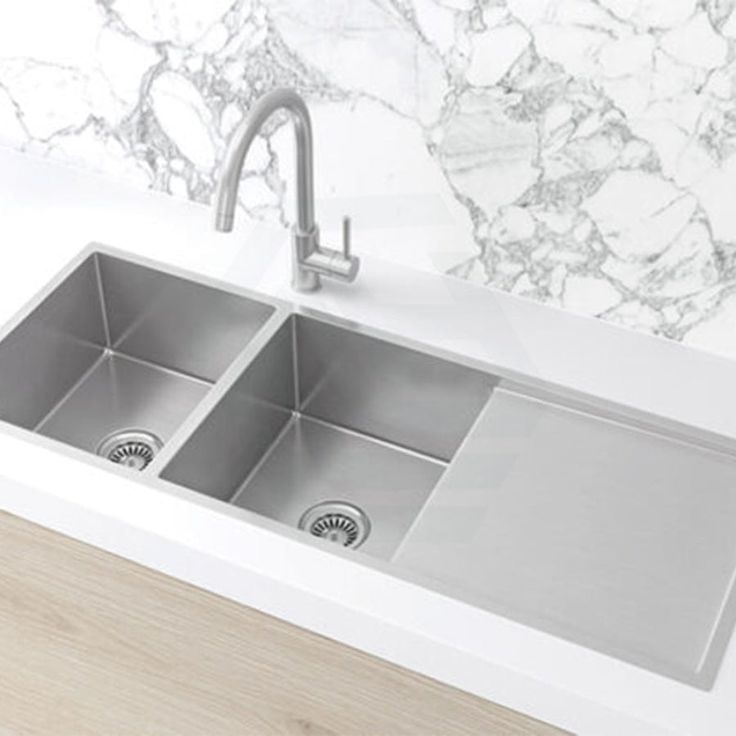Quartz, often referred to as engineered stone, has become one of the most popular choices for kitchen benchtop in modern homes. Its appeal lies in its unique blend of natural beauty and engineered performance, offering a compelling alternative to natural stone. However, like any material, quartz comes with its own set of advantages and disadvantages. Understanding these pros and cons is essential for homeowners to determine if quartz is the right fit for their kitchen and lifestyle.
The Advantages of Quartz Benchtops
Quartz benchtops boast a range of benefits that contribute to their widespread popularity:
- Exceptional Durability: Quartz is incredibly hard and resilient, making it highly resistant to scratches, chips, and cracks from daily kitchen activities. This makes it an ideal surface for busy households where heavy use is common.
- Non-Porous Surface: Unlike natural stones such as granite or marble, quartz is non-porous. This means it doesn’t require sealing, and it’s highly resistant to stains from common kitchen spills like coffee, wine, and oil. Its non-porous nature also makes it exceptionally hygienic, as it doesn’t harbour bacteria or mould.
- Low Maintenance: Due to its non-porous and durable nature, quartz is remarkably easy to clean. A simple wipe-down with soap and water is usually sufficient to keep it looking pristine. There’s no need for special cleaners or annual sealing, saving both time and money on maintenance.
- Aesthetic Versatility: Quartz benchtops are manufactured, allowing for an extensive range of colours, patterns, and finishes. This includes designs that realistically mimic the intricate veining of natural marble, the speckled look of granite, or even solid, uniform colours. This versatility ensures there’s a quartz option to complement virtually any kitchen design aesthetic.
- Consistent Appearance: Because it’s engineered, quartz offers a consistent pattern and colour throughout the slab. This is a significant advantage over natural stone, where variations can be unpredictable. For large benchtops or multiple slabs, consistency ensures a cohesive look.
- Hygienic: The non-porous surface of quartz makes it an excellent choice for food preparation areas, as it resists the growth of bacteria, mould, and mildew.
The Disadvantages of Quartz Benchtops
Despite its many benefits, quartz also has a few drawbacks to consider:
- Heat Sensitivity: While durable, quartz is not entirely heat-proof. The resins used in its composition can be damaged by extreme heat, leading to discolouration, scorching, or cracking. It’s crucial to always use trivets or hot pads under hot pots, pans, and slow cookers.
- Cost: Quartz benchtops are generally more expensive than laminate but typically less costly than high-end natural stone options like marble. The price can be a significant factor for budget-conscious homeowners.
- Not Suitable for Outdoor Use: The resins in quartz can be susceptible to UV degradation, causing discolouration or fading over time. Therefore, quartz benchtops are not recommended for outdoor kitchens or areas exposed to direct, prolonged sunlight.
- Weight: Quartz slabs are heavy, requiring professional installation by experienced fabricators. This weight also means that underlying cabinetry must be robust enough to support the benchtop.
- Visible Seams: While manufacturers strive to minimise them, seams may still be visible, especially on large benchtops or those with complex layouts. The visibility of seams can also depend on the chosen colour and pattern.
- Not Repairable for Severe Damage: While resistant to minor damage, severe chips or cracks in quartz can be difficult, if not impossible, to repair seamlessly. Unlike natural stone, which can sometimes be buffed or re-honed, significant damage to quartz often requires replacement of the affected section.
Conclusion
Quartz benchtops offer an attractive balance of durability, low maintenance, and aesthetic versatility, making them a top choice for many modern kitchens. Their non-porous nature and wide design range are particularly appealing. However, homeowners must be mindful of their heat sensitivity and higher cost compared to more budget-friendly alternatives. By carefully weighing these pros and cons against your specific needs and priorities, you can determine if a quartz benchtop is the ideal surface for your home.
